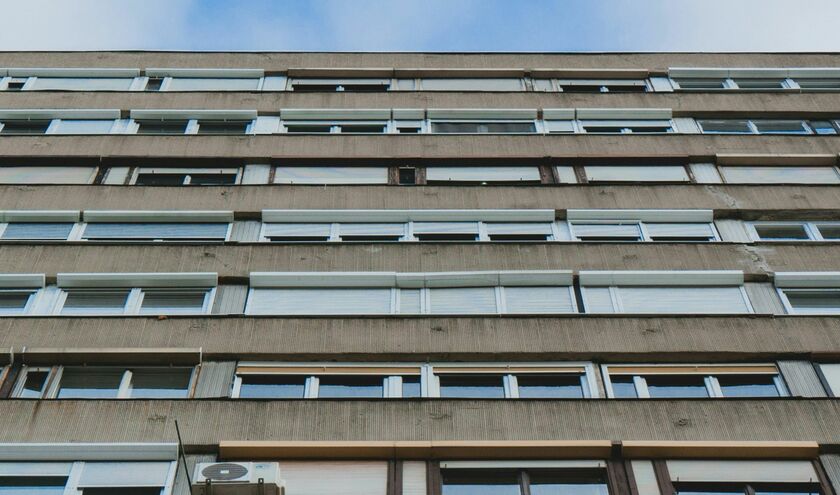The survey, commissioned by UK health campaign group Medact and Warm This Winter, found 67% of health workers see children experiencing respiratory problems caused or worsened by mould or damp regularly (at least once a month).
Dr Sabrina Monteregge, clinical psychologist working in London, said: ‘We can fund the NHS but if that's not alongside funding healthy homes, we're not going to get very far, because we are just constantly treating problems that the NHS is not built for. The NHS is on its knees, but it was never meant to stand alone – it must work alongside policies that support public health.'
More than two thirds (69%) of health workers agreed with the statement ‘I feel powerless to support my patients with their housing conditions', and over two-thirds (69%) believe that Government spending to prevent illnesses created by cold homes is better for the NHS than having to spend money to nurse patients back to health.
Over half believe that addressing energy affordability (67%) and improving energy efficiency (59%) would reduce the impact of housing problems on the NHS.
Additionally, over half (53%) of health workers also reported their own mental or physical health had been impacted by housing issues. In addition, one in four believe that the health impacts of housing problems put plans to improve the NHS at risk.
The survey also revealed seven out of 10 health workers (70%) regularly saw patients forced to go without energy because they are unable to pay their bills.
A Department of Energy Security spokesperson said: ‘Everyone deserves to live in a warm, comfortable home. We have set out proposals to help almost three million more households, including almost one million with children, with support to pay their energy bills next winter.
‘Our Warm Homes Plan will make homes cheaper and cleaner to run, rolling out upgrades from new insulation to solar and heat pumps - with up to 300,000 homes to benefit from upgrades later this year.
‘Up to half a million households could also be lifted out of fuel poverty by 2030 in major boost to standards in the private rental sector.'



